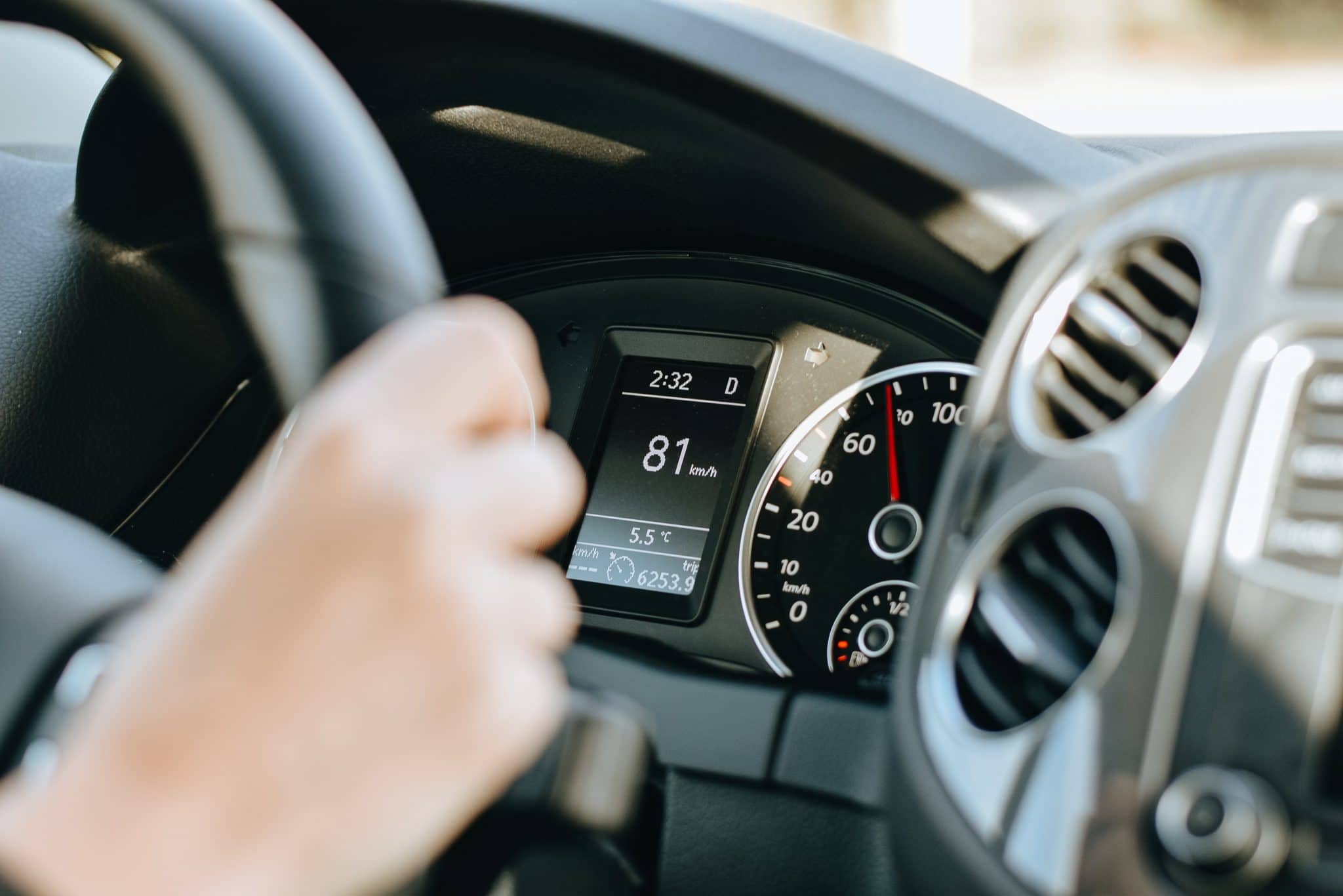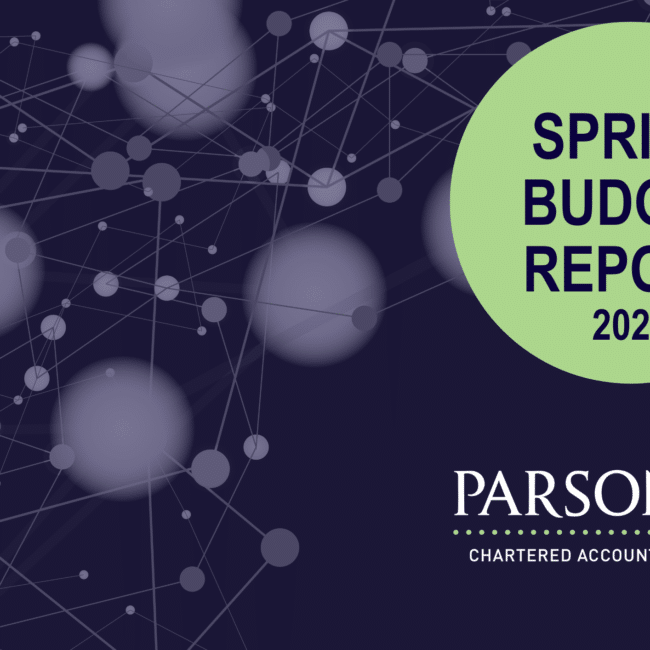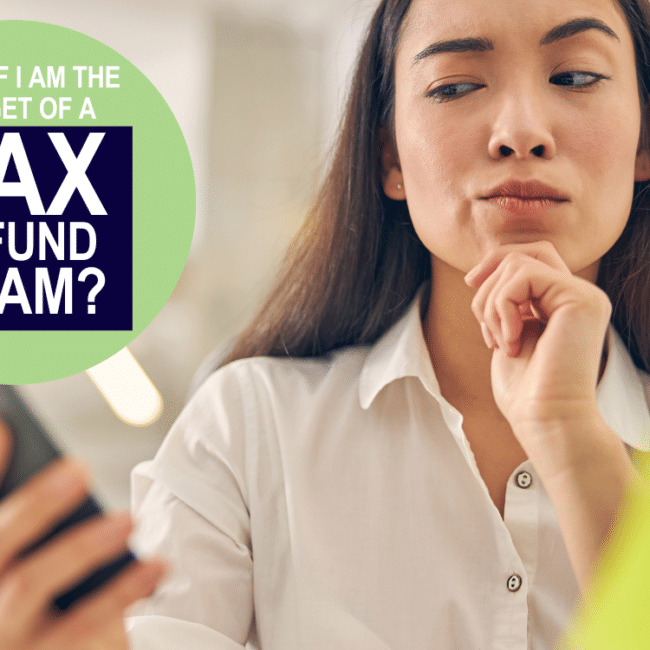
Company car vs personal purchase or lease – which should I choose?
A quick guide to the company vs personal car dilemma
As a business owner you almost certainly need a car to use in your day-to-day working life, but when you’re buying or leasing a new car, should you do it through the company, or is it better to purchase it personally?
Many people work to the rule of thumb that if you’re a director of a limited company, then you’re better off buying or leasing a car personally and then calculating your business mileage and claiming that as an expense in your accounts. Broadly that might be true, but there are a few things to consider, so here’s a quick guide to what applies for limited companies.
Leasing
It’s perfectly ok for your company to finance lease payments, and you might even be able to reclaim some VAT. There are a variety of things that will dictate how much you can claim, so you need to get a good accountant to go through the figures for an accurate overview.
You also need to bear in mind that you get a personal Benefit In Kind from using a car the business pays for, so expect to see this listed on your P11D, and to take a tax hit as a result. Benefit in Kind is unavoidable – even with electric cars – but the lower your emissions, the smaller the slice HMRC takes from you.
Buying
If you prefer to buy rather than lease, five things will influence whether it’s better to purchase the car yourself or via the company:
- List price
- Fuel type
- Who covers fuel costs
- Ratio of business to personal use
- Average mileage per annum
Again, getting good advice is the key to understand the financial impact of any potential purchase.
Low emissions for business benefits
With changing legislation on CO2 emissions, if you’re buying a car that with emission output of more than 50g/kg, it’s not really going to be of benefit to buy the car as a business asset.
To ensure you can get better benefits through buying the car as a capital allowance, you really want to go the low emission route – fully electric vehicles are the most advantageous from a financial point of view. Every situation, car and set of circumstances can be different though – even within the same company – so it pays to get advice from someone who understands the intricacies.
Bear in mind that there will be some additional Employer’s National Insurance to pay if you’re providing a company car to a director or any member of staff, whatever the level of emissions.
As you can see, the complexities involved in deciding whether or not to buy a car through your business or as a personal purchase are exactly why you really need to crunch the numbers before making any decisions! If you need any further advice on this subject or any other tax, accounting or business finance matter, just call our friendly team on 01924 669500 and we’ll be happy to help.
What are the tax benefits of electric company cars?
Maybe you’re sold on the notion of buying a company car, but did you know that choosing electric cars can deliver serious tax savings for your business? Read more about this here.







